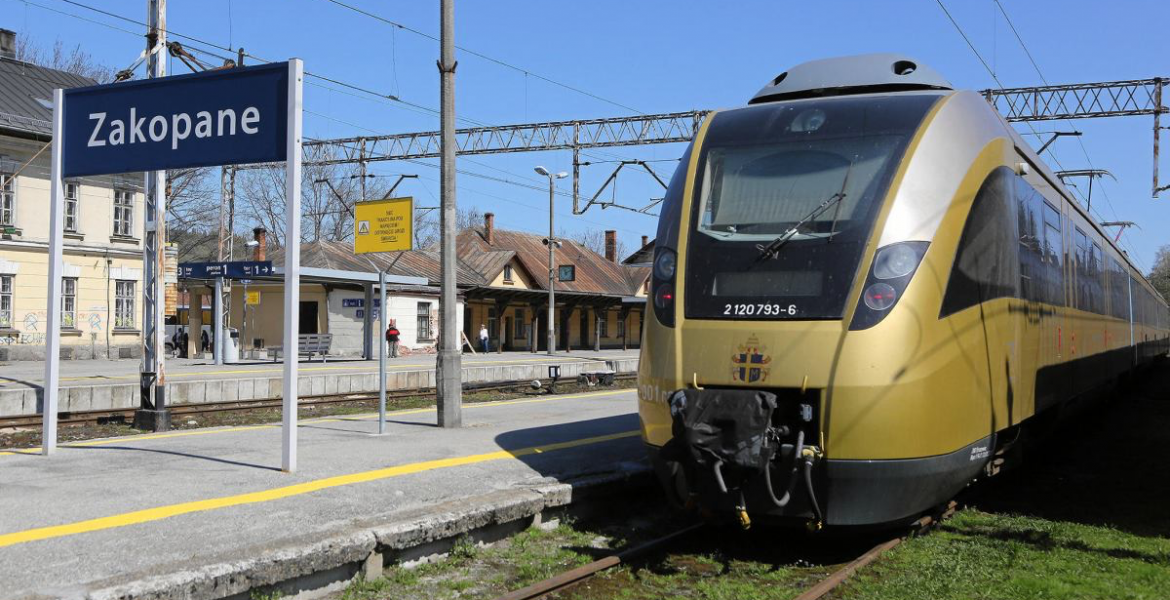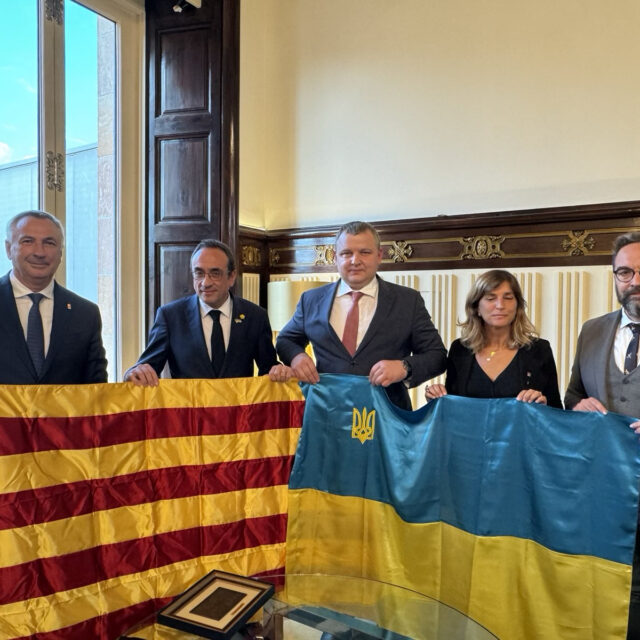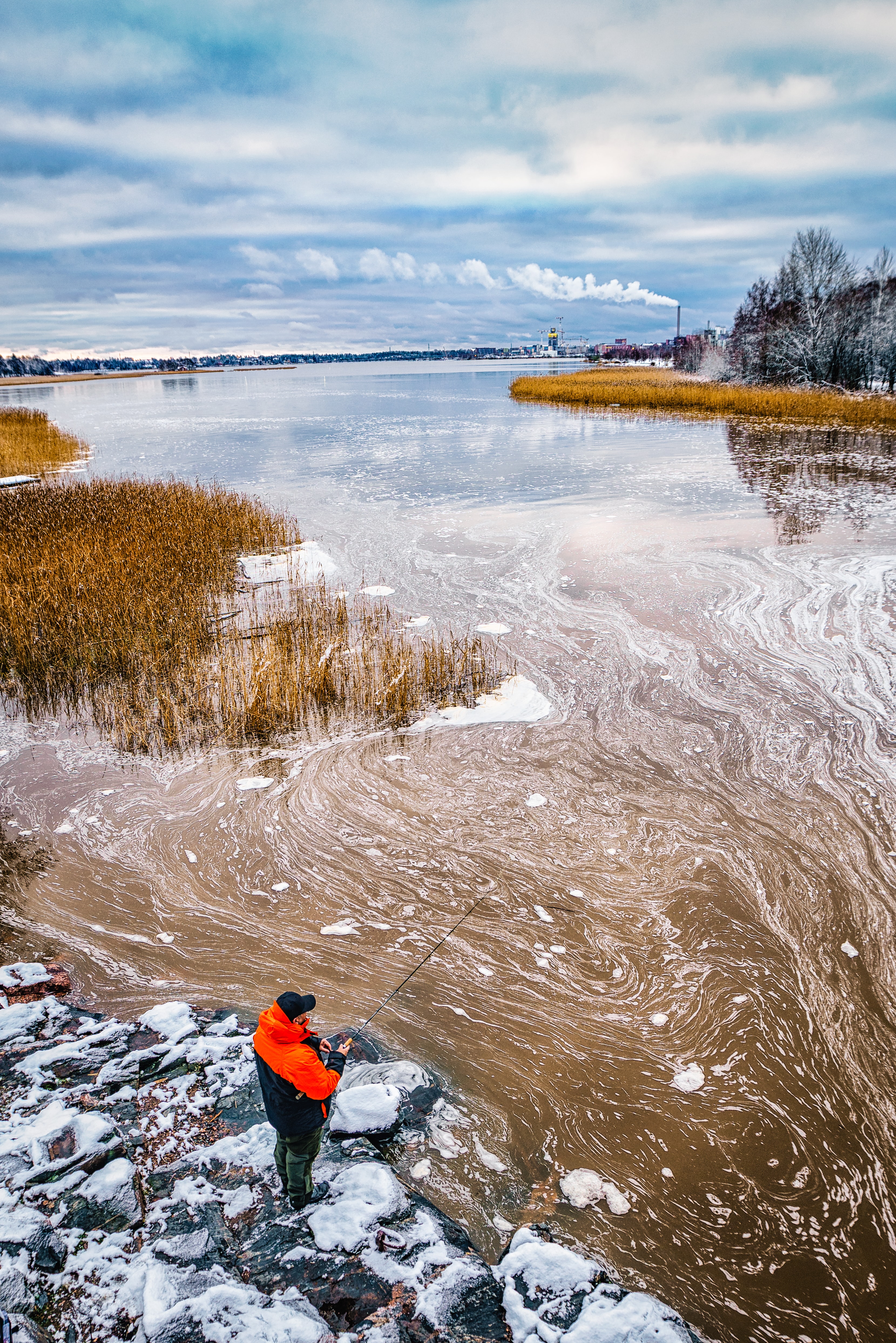The European Commission has approved an investment of over €234 million from the cohesion fund to upgrade almost 117km of the Skawina-Zakopane railway line in Southern Poland.
The project will improve the quality, efficiency and safety of railway transport between the towns of Skawina and Zakopane, and more generally on the Kraków-Zakopane corridor. Commissioner for Cohesion and Reforms, Elisa Ferreira, said: “Thanks to this EU investment, we want to encourage commuters to leave their cars at home and use safe, reliable and comfortable trains instead. With fewer cars on the road, pollution and greenhouse gas emissions will be reduced.”
“Moreover, the new railway infrastructure will provide easier access for people with reduced mobility, in line with Cohesion Policy’s motto not to leave anyone behind.” The project will ensure better integration of Southern Poland’s railway network with the transport system of the rest of the country and with the EU’s TEN T network. The project will start to be operational as of 2024.
Meanwhile, the Commission has adopted its proposal for fishing opportunities for 2021 for the Baltic Sea.
Based on the latest available scientific advice and in order to improve long-term sustainability of fish stocks, the Commission proposes to increase fishing opportunities for herring in the Gulf of Riga and main basin salmon, whilst maintaining the current levels for herring in the Gulf of Bothnia, sprat and plaice. The Commission proposes to decrease fishing opportunities for the remaining stocks covered by the proposal.
Virginijus Sinkevičius, Commissioner for Environment, Oceans and Fisheries, said: “Multiple factors influence the state of fish stocks in the Baltic sea.
“Fisheries is one, but factors like marine pollution or climate change are seriously affecting the health of the stocks. The long-term sustainability of the Baltic is not a choice but an imperative.
“We are adopting today a realistic proposal, which I am convinced will work for both fishers and fish. I look forward to working with the Member States and other stakeholders in the Baltic. As the pressures on Baltic fish stocks cannot be addressed through fisheries policy alone, I have taken the initiative to convene a Ministerial Conference of all EU Baltic states to address all factors comprehensively to ensure a long term future for the Baltic.”




